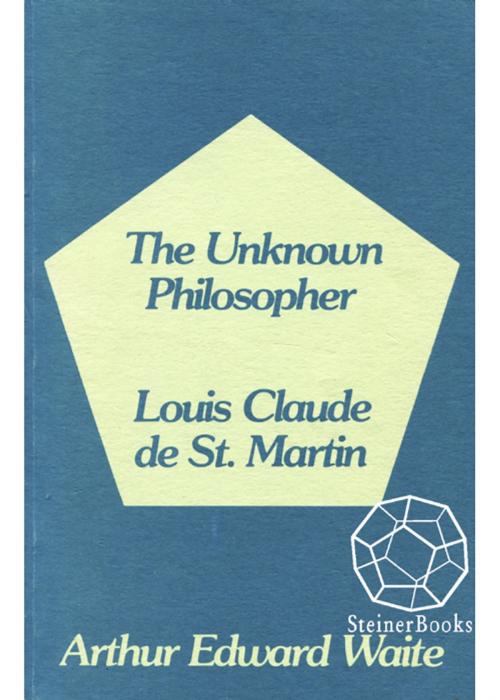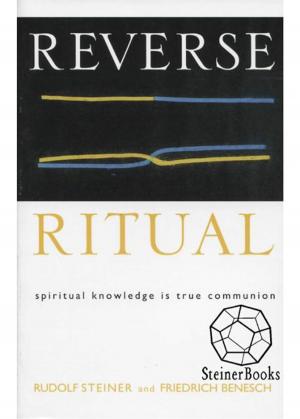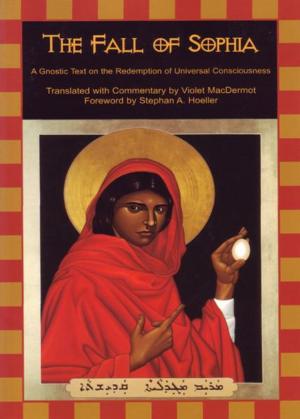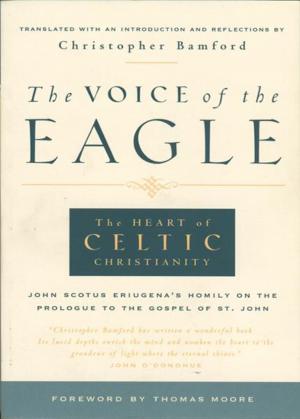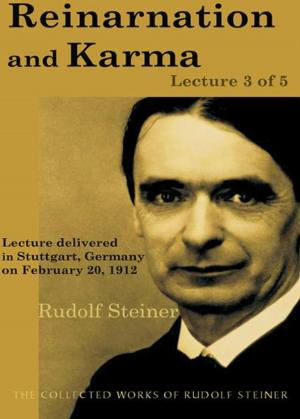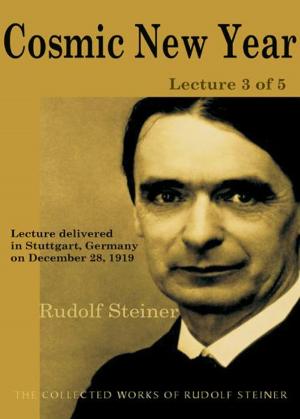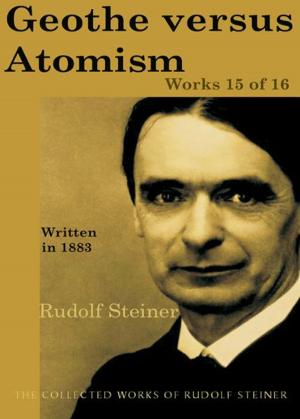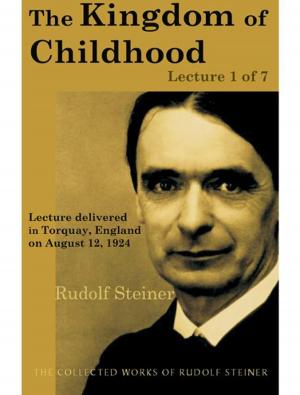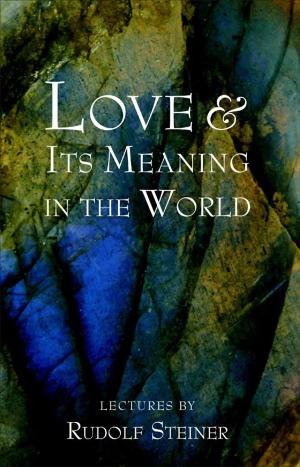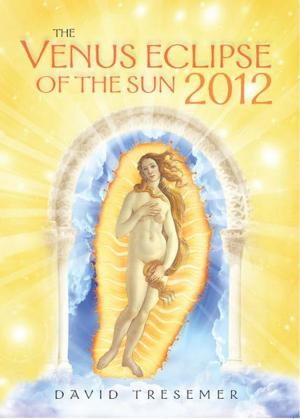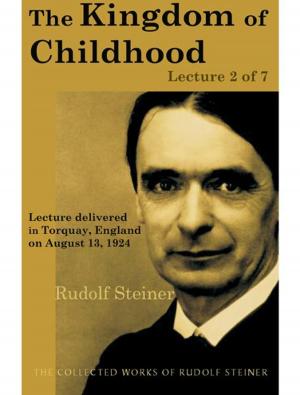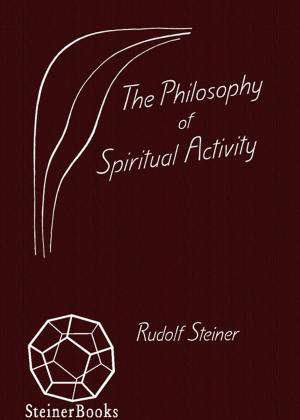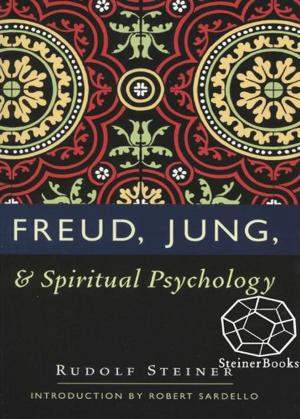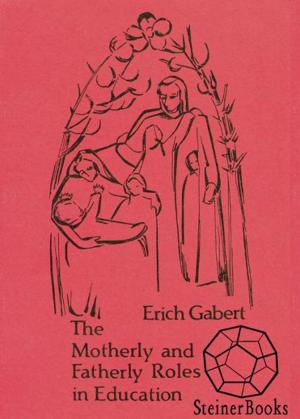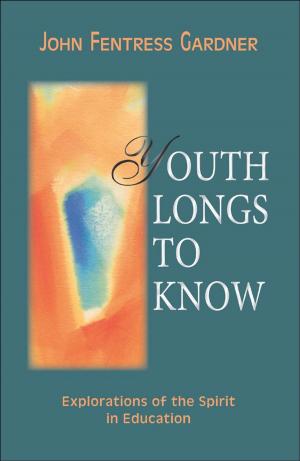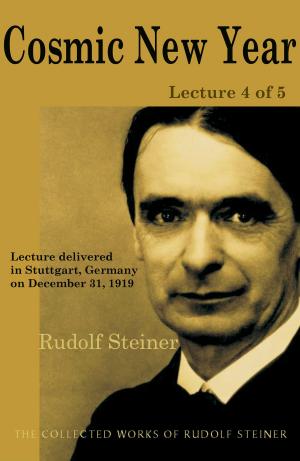The Unknown Philosopher
The Life of Louis Claude de Saint-Martin and the Substance of His Transcendental Doctrine
Nonfiction, Religion & Spirituality, Philosophy, Modern| Author: | Arthur Edward Waite | ISBN: | 9781621510659 |
| Publisher: | SteinerBooks | Publication: | December 15, 2009 |
| Imprint: | SteinerBooks | Language: | English |
| Author: | Arthur Edward Waite |
| ISBN: | 9781621510659 |
| Publisher: | SteinerBooks |
| Publication: | December 15, 2009 |
| Imprint: | SteinerBooks |
| Language: | English |
This book, the substance of the doctrine of the most enlightened, most liberal, most truly catholic of the later Christian transcendentalists of the last decades of the 18th century, provides a clear introduction to the theosophical system of Louis Claude de Saint-Martin. He was popularly known as the "Unknown Philosopher" because none of his writings were published under his name during his lifetime. His fame is based on being a true mystic, on his literary abilities to express this true mysticism, and on his passionate search for higher wisdom. Saint-Martin's belief that "the most important problem of all human thinking is to understand man as a free personality, whose very foundation is himself," has an important and significant place in the history of modern man's struggle toward freedom.
This book, the substance of the doctrine of the most enlightened, most liberal, most truly catholic of the later Christian transcendentalists of the last decades of the 18th century, provides a clear introduction to the theosophical system of Louis Claude de Saint-Martin. He was popularly known as the "Unknown Philosopher" because none of his writings were published under his name during his lifetime. His fame is based on being a true mystic, on his literary abilities to express this true mysticism, and on his passionate search for higher wisdom. Saint-Martin's belief that "the most important problem of all human thinking is to understand man as a free personality, whose very foundation is himself," has an important and significant place in the history of modern man's struggle toward freedom.
